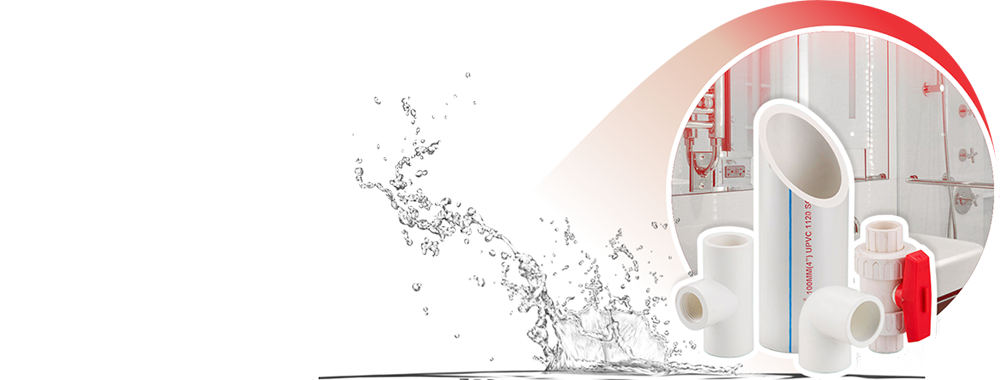

Committed to Excel Promise of Quality to Achieve
International Benchmarks and Recognition


Brief outline of CSR Policy:
To direct OPL’s CSR Programmes, inter alia, towards achieving one or more of the following: enhancing environmental and natural capital; supporting rural development; promoting education and vocational skills; providing preventive healthcare; providing sanitation and drinking water; creating livelihoods for people, especially those from disadvantaged sections of society, in rural and urban India; preserving and promoting traditional art and culture, and promoting sports.
Role of the CSR Committee:
The role of the CSR Committee is, inter alia, to review, monitor and provide strategic direction to the Company’s CSR and sustainability practices towards fulfilling its Triple Bottom Line objectives. The Committee seeks to guide the Company in integrating its social and environmental objectives with its business strategies and assists in crafting unique models to support creation of sustainable livelihoods. The Committee formulates & monitors the CSR Policy and recommends to the Board the annual CSR Plan of the Company in terms of the Companies Act, 2013.
Programmes / Projects
The three most important stakeholders for OPL’s CSR programmes / projects are:
Rural communities in the Company’s operational areas.
The communities residing in close proximity to our production units.
The Company’s stakeholder representation is varied, calling for an integrated approach to development comprising several layers of interventions which are summarized below:
Promoting Preventive Healthcare and Sanitation
Sanitation: The major focus is on promoting low cost toilets for women Self-Help Group members. In addition, equal importance is given to high impact year-round campaigns to surface and drive home the nexus between health and sanitation.
Village Health Work on creating awareness on health and hygiene through a network of women.
Healthcare: Provide medical aid to communities around our factories comprising preventive measures for various illnesses, infrastructure support to government hospitals and relief to victims of natural calamities.
Health Infrastructure: Undertake various social and civic infrastructure services to improve sanitation and hygiene in the neighbourhood of our factories comprising potable drinking water, drainage systems, etc.
Livelihood Enhancement
Waste Recycling: The overall objective of this project is to create sustainable livelihoods for rag pickers and waste collectors. In addition, the project also helps in the creation of a clean and green environment through source segregation and recycling of dry waste.
Promoting Education and Vocational Skills
Education: The education programme is designed to provide children from weaker sections access to education with focus on enrolment, retention and improved pedagogy.
School Infrastructure: The Company also funds improvements in infrastructure at identified Government Primary Schools in order to create an attractive and enabling learning environment.
Vocational Training: The programme plays an active role to build and upgrade skills of youth to better compete with the emerging needs of the job market across different sectors.
Fooding etc. Taken up Aahaar Yojna with the co-ordinator of NGO located year by the Plant of the Company.
Economic Empowerment of Women (Schedule VII-iii)
Micro Enterprises: This initiative is specifically designed for women from economically weaker sections and provides a range of gainful employment opportunities in micro-enterprises and supports such enterprises with financial assistance.
Self Help Groups (SHG): Focused work on financial inclusion of women members through bank accounts and insurance.
Social Forestry: Targeted at small and marginal landholders from economically weaker sections of society, the Social Forestry programme is designed to promote livelihoods through a forestation by providing financial, technical and marketing support.
Watershed Development: The Company’s Watershed Development Programme promotes local management of water resources by facilitating community-based participation in soil and moisture conservation works.
Rural Development
Improved Agricultural Practices: The core purpose of the programme is to introduce advanced knowledge and technology through a package of practices and increase awareness of farmers on optimum use of natural resources in order to increase farm productivity and minimise cost of cultivation.
Knowledge Empowerment: OPL leverages knowledge based interventions to empower farmers to make informed choices by providing relevant and real-time information on commodity prices, local weather reports, customized knowledge on farm management, risk management and scientific farming.
Corporate Social Responsibility Committee (“CSR Committee”)
Composition: 3 or more directors, out of which at least one director shall be an Independent Director.
Quorum: one-third of its total strength or two members, whichever is higher.
Role of CSR Committee: as per terms of reference approved by the board.
The Board of Directors shall, after taking into account the recommendations made by the CSR committee, approve the CSR policy for the company and disclose its contents in their report and also publish the details on the Company’s website, if any, in such manner laid down in the Companies (Corporate Social Responsibility Policy) Rules, 2014.
The Board of Directors shall endeavor that the Company spends 2% of the average net profits of the Company made during the 3 immediately preceding financial years in pursuance of its CSR Policy.
CSR Budget
a) For achieving its CSR objectives through implementation of meaningful & sustainable CSR activities, the Company will allocate 2% of its average net profits made during the 3 immediately preceding financial years as its Annual CSR Budget.
b) Any surplus arising and / or additional revenue generated out of CSR Activities undertaken by the Company shall not form part of the business profit of the Company and same shall be spent for undertaking any CSR Activities only.
c) Any unspent / unutilized CSR allocation of a particular year, will be carried forward to the following year, that is, the CSR Budget will be non-lapsable in nature.
General:
In case of any doubt with regard to any provision of the policy and also in respect of matters not covered herein, a reference to be made to CSR Committee. In all such matters, the interpretation & decision of the Committee shall be final.
The CSR Committee reserves the right to modify, add, or amend any of provisions of this Policy subject to approval of the Board.